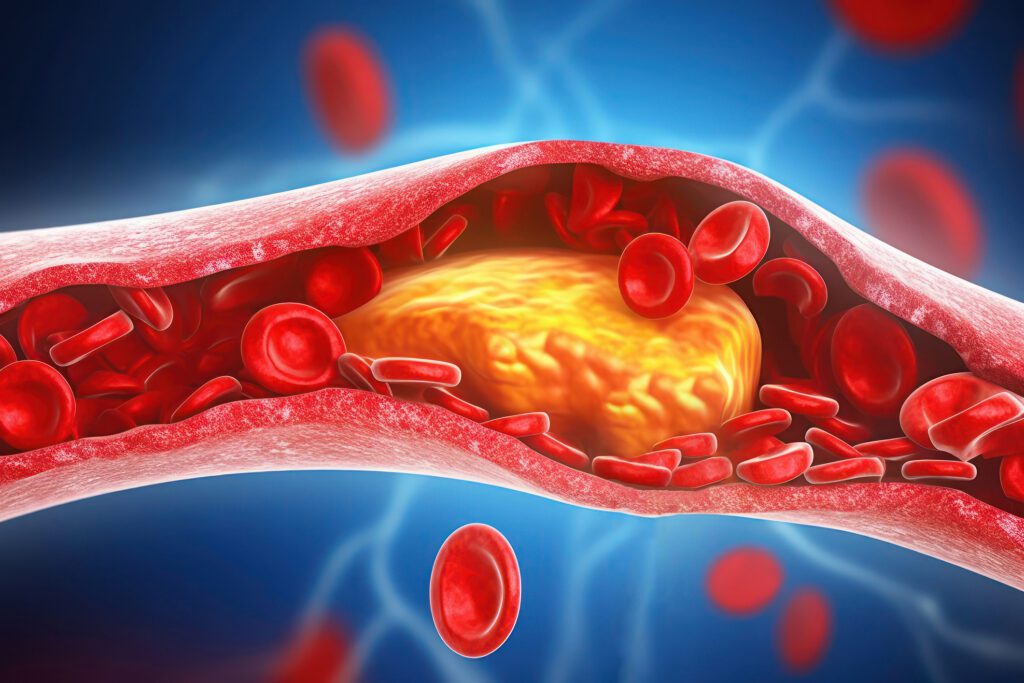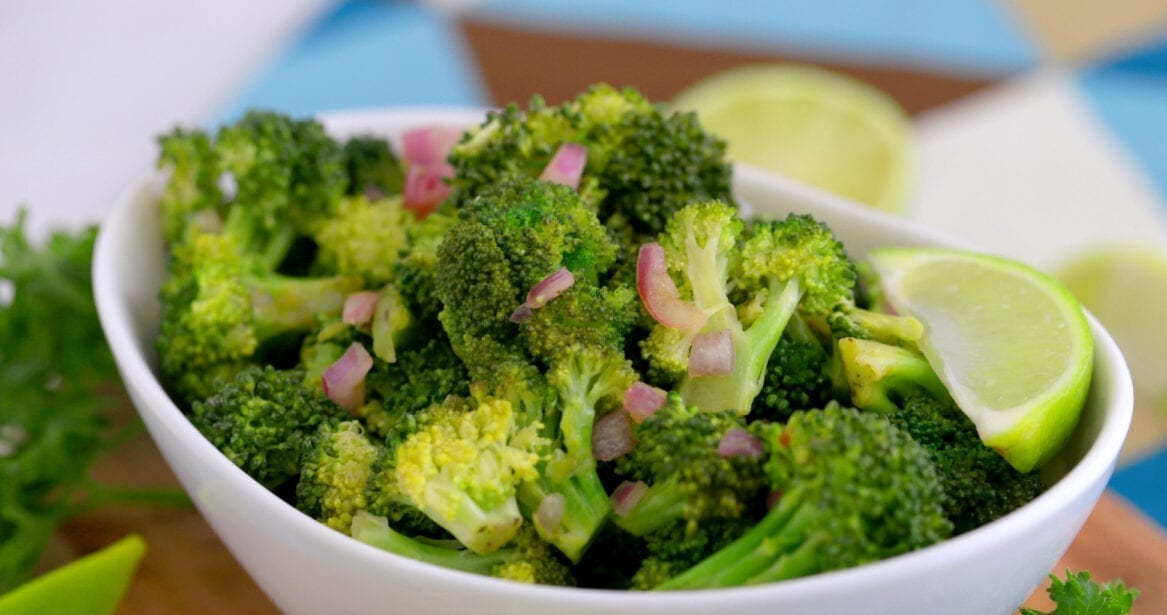5 Best Tips for Successful Weight Loss – What the Science Says
Did you know that more than 80 % of successful dieters end up gaining back all their weight – and then some – within about two years? I recently read about research following contestants from the Biggest Loser. In one season, the average weight loss per participant was a staggering 127 lbs or 64% of total body fat. How amazing is that?! Then, Kevin Hall, a scientist from the National Institute of Health, followed these contestants and reported a fact that admittedly, brought me to tears: 13 of the 14 contestants he studied, had gained back 66% of the weight they had lost on the show and four became heavier than they were before the competition. So why even try?!
There is a science to weight loss and there is a reason why rapid weight loss programs are not just unsustainable but also dangerous for your health and for your life-long weight loss success. I am not a fan of expensive branded programs with packaged foods that are both costly and teach us nothing when it comes to eating healthy plant-based nutrients. If you stop the program, you stop the weight loss.
So how can you prevent this from happening?
Seeking the advice of a licensed health care provider is an important first step. In the meantime, let’s look at the research for the “how” and the “why” successful people keep their weight off long term. Information from the National Weight Control Registry (NWCR) has compiled research from what we know about successful dieters.
5 Practices for Permanent, Lasting Weight Loss:
1. Eat breakfast every day
People in the NWCR who have lost at least 30 lbs and kept it off for at least one year report having a morning meal every day. Research has been clear about breakfast – it is a health strategy for controlling insulin and jump-starting your metabolism. In most cases, people who choose to skip breakfast, may in fact be slowing down their metabolism for the rest of the day.
2. Exercise every day
Participants from the NWCR who have successfully maintained their weight loss for over 5 years – exercise every day. They move a lot throughout the day, exercise on average, one hour a day and the most common exercise is… walking! When it comes to walking or running, you can chunk it out: 20-Minute walks 3X a day or a 60 minute run.
This report comes from a group of 893 participants who all maintained weight loss after 5 years. They engaged in high levels of physical activity, burning an average of 11847.3 kJ/week. This is equivalent to burning 2821 calories a week with exercise.
So if we did the math, here are some examples:
- Exercising 5 days a week – you will need to burn 564 calories a day.
- Exercise every day – you need to burn 403 calories a day.
Consistency comes down to finding something that you love to do. Personally, mixing it up and trying new things keeps me active. I enjoy running twice a week, road cycling (skiing in the winter months) once or twice a week and weight resistance training once or twice a week. I do my best to incorporate hot yoga into my life to help calm my mind and reconnect back into my body.
Sound Daunting? If you are unable to exercise in these ways, walking, swimming and utilizing an Infrared Sauna are all positive ways to move your body without much joint impact and still burn calories. My recommendation and personal practice is to start with one day a week and commit yourself to once a week, always, to create a habit that you can build upon and return back to as needed.
3. Trim TV Time
Seriously! Participants from the NWCR watch less than 10 hours a week – leaving more time for walking, being active and playing.
4. Weekly Weigh-In
By weighing in once a week, you can catch yourself slipping before a landslide. If the scale moves 2-3 lbs, you can quickly tweak your eating or up your exercise game to get back on track. Another common habit from the NWCR.
5. Purpose beyond Pounds
The NWCR participants had an intrinsic goal. Having a deeper goal helps dieters succeed long-term. To achieve longer-lasting weight loss, your desire needs to be more meaningful than looking slim – it may benefit your mental health, reduce your stress levels, prevent diabetes or other chronic diseases, delay dementia, or increase your energy to keep up with the grandkids.
These 5 practices are common denominators for sustainable, healthy weight loss.
Three Ways to Kick Start your Weight Loss
Ultimately, my goal is to help you lose weight effectively using a whole foods diet approach, exercise, and healthy lifestyle habits to give you the tools to maintain your weight loss success. The top 3 approaches to getting started with weight loss in my practice include the following:
1. 14-Day or 28-Day Nutritional Cleanse.
This involves the elimination of the most inflammatory foods. Often we support the liver and digestion with teas and nutrients at this time. You can choose from a 14-Day Cleanse or a 28-Day Cleanse.
2. Naturopathically Supervised Rapid Weight Loss program.
Women can lose an average of half a pound a day, while men on average lose 1 lb a day. We offer 3- week and 5- week programs with daily injections to boost your metabolism, weekly body composition and vitamin shots to support fat metabolism and energy levels and weekly nutritional reviews, to build upon healthy eating habits. This program is designed to rev up your motivation, lose the first difficult 15 – 25 lbs, and propel you into a more active, healthy lifestyle. No packaged meals, no processed dinners, no fake food. You learn healthy eating habits by eating real, whole foods. The program comes first, so you can learn and feel positive about the healthy lifestyle that follows.
3. Food Allergy and Food Sensitivity Testing
Blood Allergy and sensitivity testing are available for long term dietary goals and avoidance of inflammatory foods that your body reacts to. Reducing inflammatory foods, can often rid bloating, reduce tummy pain and prevent the return of weight gain. For more information on food testing, click here.
I will often encourage patients to do some level of detoxification via a cleanse or drainage protocol to help the kidneys, liver and digestive tract start to eliminate toxins. This is critical as so many of our environmental toxins are stored in the fatty tissues. Once you start to burn fat and lose weight, these toxins are liberated from the fat and flow into your bloodstream. They can cause you to feel ill, interfere with your exercise goals and re-deposit toxins into other organs if they are not bound and eliminated from the body.
I always ask my patients what their ideal weight loss goal is and what they feel is achievable. I am now shifting my focus, I am learning that the better question is – What truly motivates you? What is your purpose for losing weight? Once you know that answer… we can help you achieve and maintain your weight loss goals.
References:
1. http://www.nwcr.ws/research/published%20research.htm
2. McGuire, Wing et al. Long-term maintenance of weight loss: do people who lose weight through various weight loss methods use different behaviours to maintain their weight? Int J Obes Relat Metab Disord. 1998 Jun;22(6):572-7.







